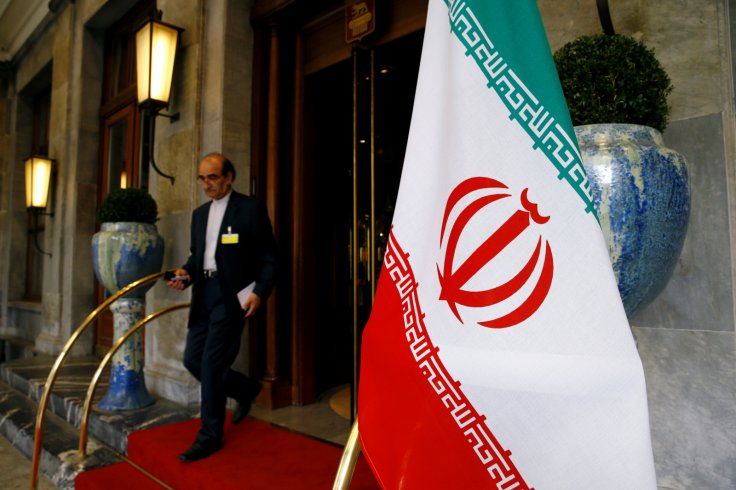A prominent news media said that the global watchdog on the anti-money laundering and countering the financing of terrorism will blacklist Iran following non-compliance to the organization's standards on the countering of dirty money and terrorist activities.
The February plenary of the Financial Action Task Force (FATF) is presently underway in Paris, France. The final meeting on Friday will decide if they should blacklist Iran. North Korea is the other state blacklisted because they were not able to meet the global standards. Iran is already under severe sanctions from the US, which has given economic trouble as well as caused international isolation.
Although the European countries did not stand with the US while implementing the sanctions the present action by FATF has gained support from the countries party to the force.

The commitments to the FATF
The FATF is an intergovernmental body that monitors money laundering and terrorist financing. If the new sanctions are applied to Iran, there will be severe consequences internally in the state. The bank accounts outside the country will be closed which includes individuals and embassies It can also lead to restrictions in the business and trade transactions with the rest of the world, including the friendly nations.
Representatives of the FATF have been meeting this week and Friday is the final session where several important decision is said to take place. The organization based in Paris has urged Iran several times to conform to the norms set by the task force. But, this time the stakes are high for Iran. If the non-compliance continues then there could be chances that it could lead to a proxy battle in the domestic politics of the country, which could even affect the present elections. In the long run, this could lead to the state being isolated in the world stage.
While the Rouhani administration tried to avoid the blacklist the Guardian Council and the Expediency Council continued to deny and delay the attempt to avoid the list.
Khomeini's inaction towards the situation
The Iranian President Hassan Rouhani expressed his frustration over the situation, but the Supreme Leader of the country Ayatollah Khomeini has been silent about the same. Khomeini has told the president that "he had no disagreement with the government bills", but continued to maintain the silence which has led everyone to believe that this was a stand of non-compliance.
Since Iran's action plan has expired the FATF has adopted a careful approach to make Iran comply with the set measures. But, they suspended the countermeasures in 2016. The force continued to implement countermeasures since June 2019. Despite trying several methods to make the country follow the standards international analysts believe that this has not moved Iran into working with the FATF. The non-compliance to the standards can further deteriorate the country's economic situation with more sanctions.









